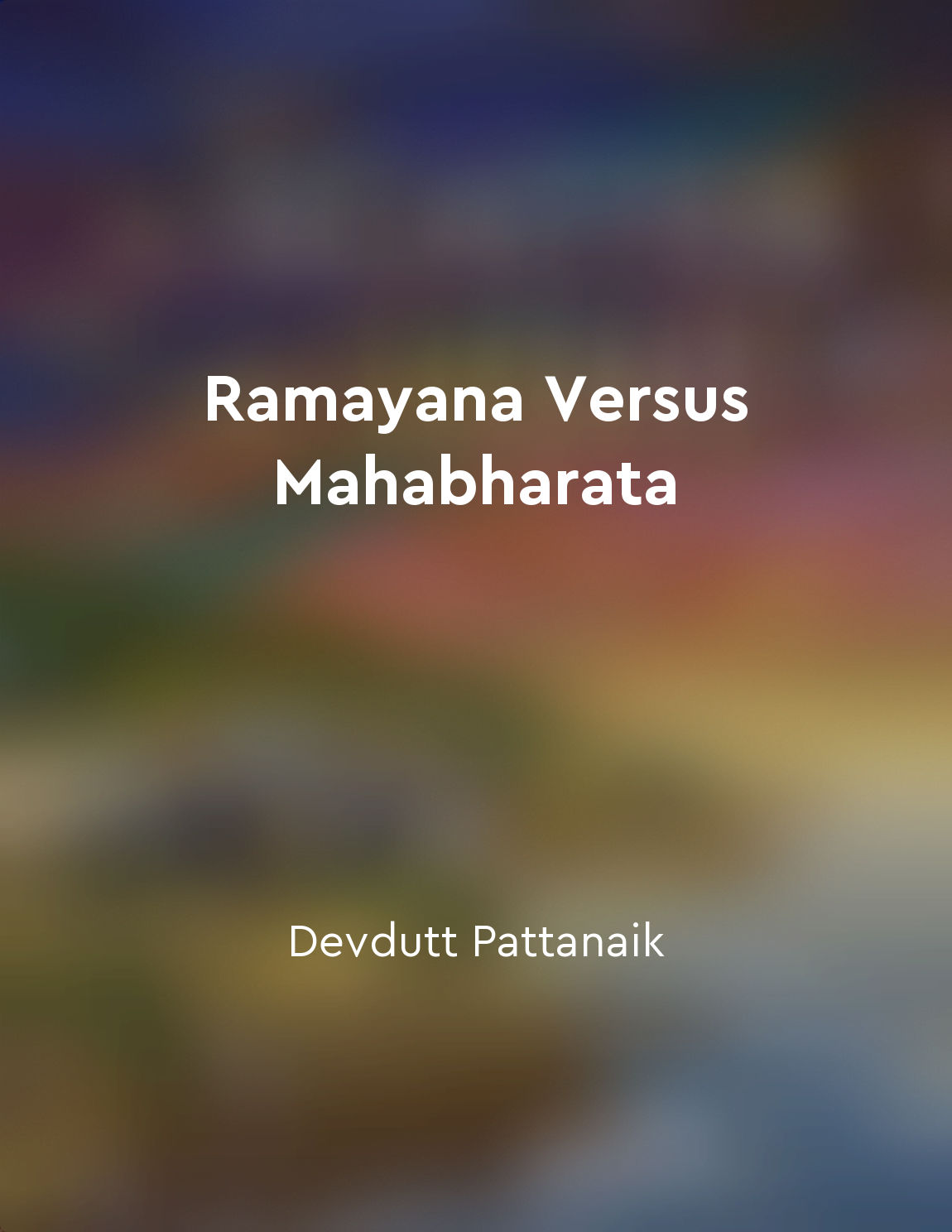Audio available in app
Context determines the meaning of myths from "summary" of Myth = Mithya by Devdutt Pattanaik
Myths are not static; they are dynamic narratives shaped by the environment in which they are told. Each culture adapts these stories to reflect its values, beliefs, and social structures. What resonates in one society may hold little significance in another. For instance, the tale of a hero's journey might symbolize individualism in one culture but represent community sacrifice in another. This fluidity allows myths to evolve, addressing the changing needs and challenges of societies over time. As societies grapple with crises or transformations, their myths often undergo reinterpretation. The same narrative can inspire different moral lessons or practical insights, depending on the audience’s circumstances. Geography, history, and so...Similar Posts
Flood theory questions beliefs
The Flood theory challenges our core beliefs about the world and our place in it. It raises questions that make us rethink what...

Ramayana and Mahabharata reflect human values and dilemmas
The stories of the Ramayana and Mahabharata are not just tales of ancient times but reflections of the eternal human condition....
The intersection of myth and history
Mythology and history are two distinct disciplines that often intersect, creating a rich tapestry of stories and events that sh...
Supernatural aid guides the hero
The hero's journey is often accompanied by supernatural aid, as seen in various myths and legends from different cultures aroun...
The hero's journey is a universal archetype
The hero's journey is a universal archetype that appears in myths and stories from cultures around the world. This archetype fo...
The hero's journey offers a path to selfrealization and enlightenment
The hero's journey, as described by Campbell and Moyers, is a timeless narrative structure that offers individuals a profound p...
